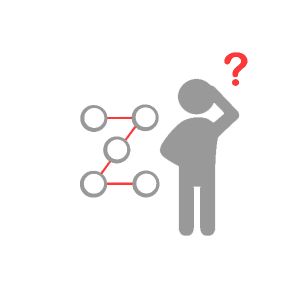

Now it would not be us, to split out the information how the NLP Indirect Elicitation Patterns are structured. So let’s start with a bullet-list of how they are divided. NLP Indirect Elicitation Patterns are divided in the following patterns:
We suggest you study them individually to gain a greater knowledge and receive top-notch example helping you to practice learn and understand.
Remember, to increase your efficiency as a NLP Practitioner, know your positive intention for the message you want to convey, build rapport and pay attention on what and how you use language. Leave people and business in a better place that where you found them, every day! Put yourself to work and start making the NLP Meta Model part of your knowledge. The sooner you start, the sooner you benefit.
Mind Tools provides NLP Practitioner and NLP Master Practitioner Trainings and Certifications. We educate you according to the renowned, latest and highest standards set by the Society of NLP. We will train you thoroughly in all the corners of Neuro-Linguistic Programming and some extras we learned from Richard Bandler directly.